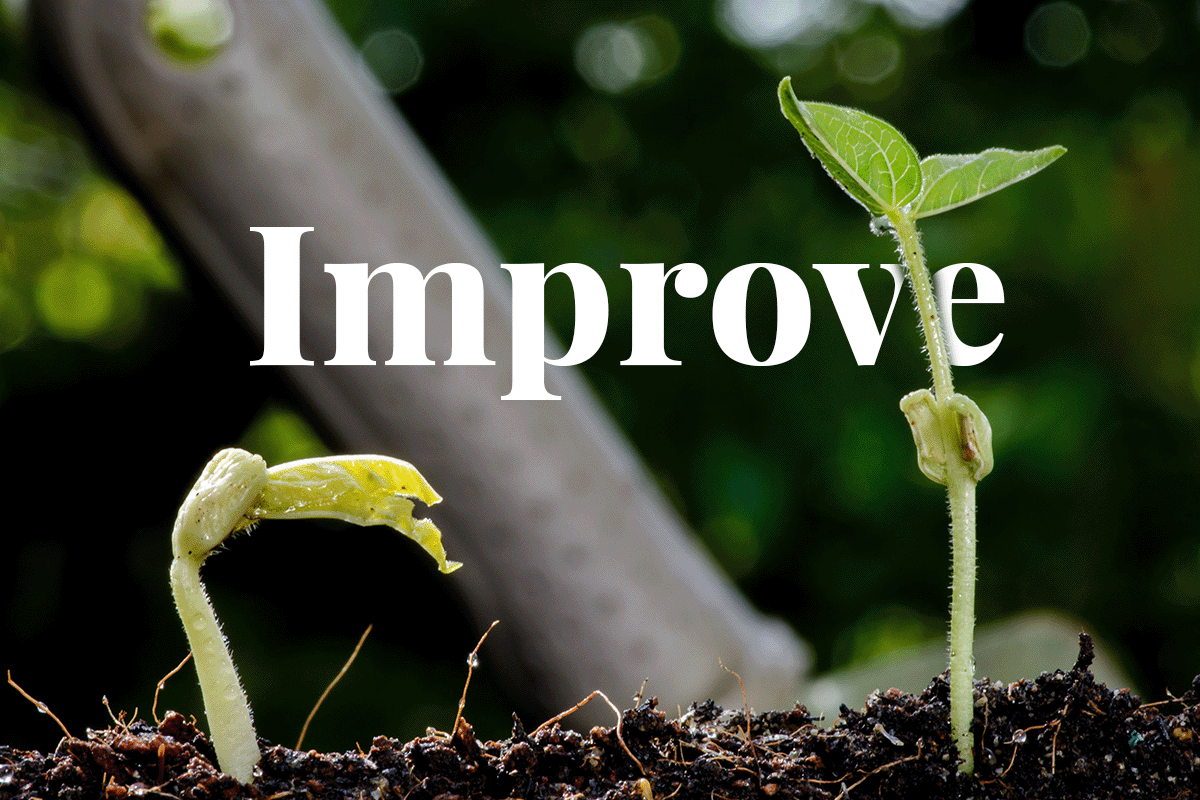Madagascar has a population of over 14,880 plant species. 80% of which are unique to this large island off the coast of Southern Africa. However, Madagascar’s forests will be lost within 40 years if the current deforestation rate continues.
In 2021, the Madagascar government signed an agreement with the World Bank for $50 million to reduce carbon emissions from deforestation and forest degradation between 2020 and 2024.

Leighton Reid, assistant professor at the School of Plants and Environmental Sciences (Virginia Tech), with his student Chris Logan, and the non-profit Green Again Madagascar, partnered up to evaluate the best ways to counteract deforestation in the unique environment of Madagascar. They used different techniques and analysed the results.
Between October 2014 and January 2015, 369 seedlings representing 17 native tree species were planted using a circular planting design. This design had a central tree seedling surrounded by eight seedlings arranged in a ring, with a distance of about 6 feet between each seedling.
The seedlings were mostly 4 to 8 inches tall. In the middle, there were so-called ‘controls’ seedlings that did not receive any soil amendments, watering, or shade. This way, scientists can compare the outcomes of seedlings that received specific care and seedlings that were left on their own.
On the other hand, the eight surrounding seedlings received temporary shading with four fronds of a ruderal fern arranged in a cone shape to avoid inhibiting growth. Malagasy farmers commonly use this shading practice.
The researchers observed a 75% reduction in transplant shock, indicating that intense solar radiation is a significant limiting factor in the initial establishment of dry season plantings.
The research team also investigated the impact of soil amendments and watering strategies on seedling survival and growth. Half of the shaded seedlings were soaked in buckets of creek water before planting, while the other half relied on the moisture from their last watering at the nursery. Half of the shaded seedlings were planted in holes filled with nutrient-rich compost. In contrast, the other half was filled with locally available absorbent materials such as moss, coconut husk, or chopped petioles of traveller's palm to help with moisture retention.
The researchers measured seedling survival and height after one to eight weeks, one year, and six years after planting. They found that over 98% of all seedlings survived the initial transplant, which fell to 83% after one year and 41% after six years. However, they did not find evidence that soil amendments or watering strategies decreased tree mortality in the first few months.
The researchers also found that seedling survival varied based on different species. For example, sugar plum had a survival rate of 100% after one year, while royal poinciana had a survival rate of only 44%. Charcoal trees had a survival rate of 95% after one year but had a 0% survival rate after six years. In addition, the absorbent materials used for moisture retention were associated with a slight decrease in survival rates after one year.
These findings, although seemingly complex, are important to effectively counteract deforestation in the region. The research team focused on using local materials to ensure that Malagasy farmers can also replicate the process without added cost, which helps with the long-term success of reforestation efforts.
The results and process also show that reforestation projects require knowledge and testing, since each location and its soil and water properties are specific. When practitioners, scientists, and people willing to invest their resources in nature come together, real environmental impact is possible. You can also make your impact today by planting trees in Africa, where communities and natural habitats need them most.



